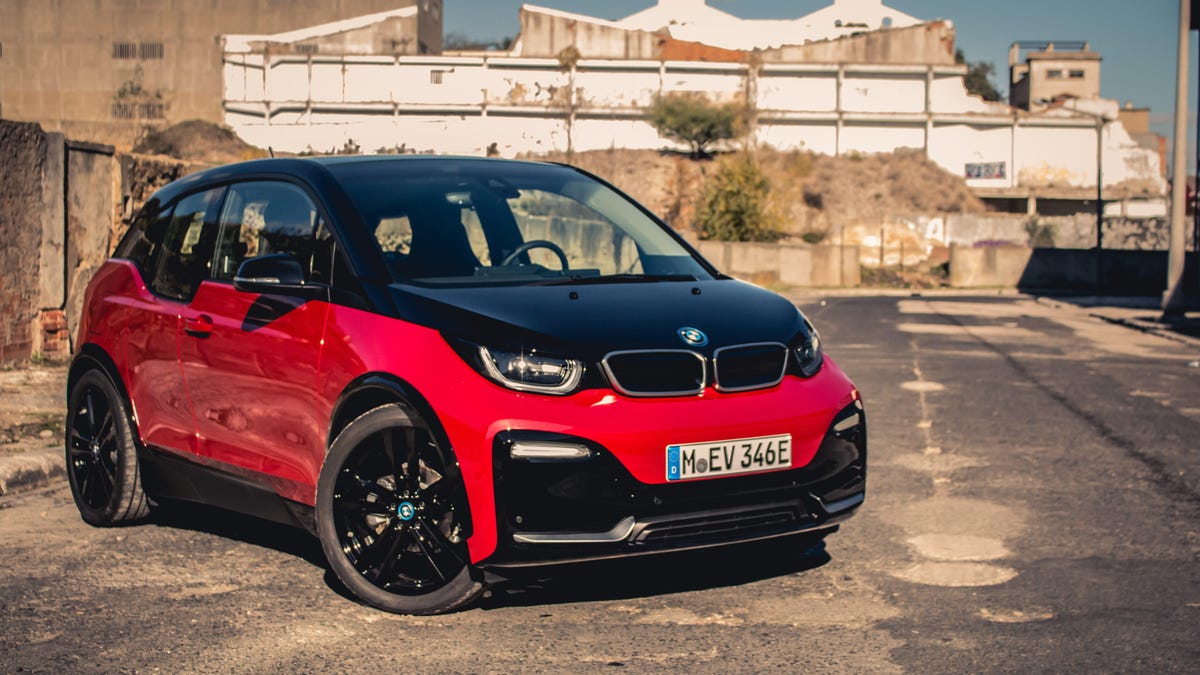New electric cars: Love it or lease it?
An overwhelming majority of EV buyers are choosing to lease their cars rather than buy them. But why?

Pop quiz, hot shot: You're at a car dealer looking at this year's crop of electric cars . You want one, but should you buy or lease?
Buying an electric car is not unlike buying a new phone, in that there's always a feeling that no matter when you buy in and at what level, something new will come out in a few weeks and make your new toy obsolete. This is why most people shopping for their first EV end up leasing rather than buying, Automotive News reports, citing data from Bloomberg New Energy Finance.
Electric vehicle technology has come a long way in the last four or five years. Ranges have gone up, charge times have gone down and performance is off the charts. Where does this leave the person who bought a Nissan Leaf in 2011 now that something like the Tesla Model 3 is starting to hit the streets? It's not that big of a deal for the more-money-than-brains crowd, but for regular Joes and Janes, it can be a real barrier to entry.
Will the Model 3 swing customers from leasing to buying?
This is where leasing comes in. Statistics show that, by far, more EV buyers are turning towards leasing in an effort to avoid missing out on the latest and greatest, particularly when used EVs aren't holding their value particularly well. In fact, 80 percent of new EVs are leased according to Bloomberg New Energy Finance, compared to just 55 percent of plug-in hybrids.
The lease/buy breakdown is also highly dependent on which brand you're looking at. For example, nearly 96 percent of BMW i3 models are leased rather than purchased, while 35 percent of Chevy's new Bolt EVs are purchased traditionally. The vehicle's initial purchase price seems to have bearing on these figures, since the i3 starts at nearly $9,000 above the Bolt, before incentives.
The BMW i3 has the highest ratio of lessees to buyers of any current production electric vehicle.
The opposite side to this coin is that used EVs, with their relative lack of mechanical complication when compared to internal combustion vehicles, represent a great buy on the used market, a phenomenon we covered recently. Although it's important to note that batteries do degrade over time, most should still be within their original warranties -- for now, at least.
What remains to be seen is how the widespread release of the entry-level Tesla Model 3 will affect these trends. People tend to view Tesla with a little less skepticism than they do other brands' electric offerings and with as many deposits as it currently has for the Model 3, more people may end up buying than ever before.

